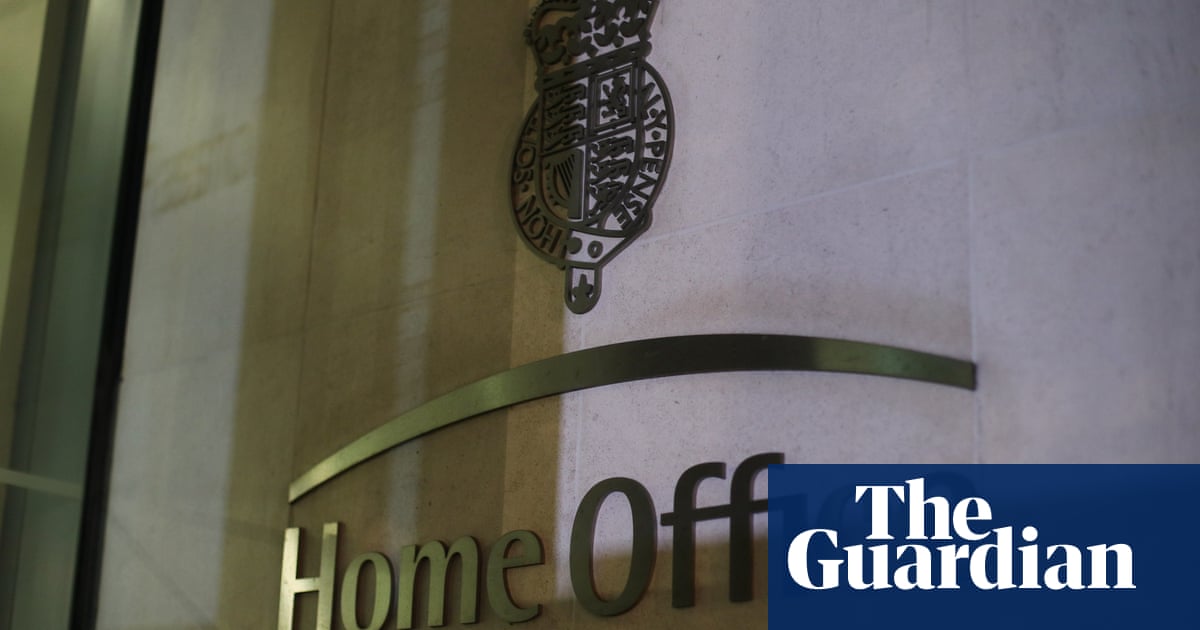
More than 350 lone children were held in UK-run detention facilities in northern France over a 21-month period, according to documents disclosed under freedom of information laws.
The Home Office has admitted that it failed to keep data on how many properly trained staff looked after the children held in four short-term holding facilities near Calais and Dunkirk in 2022 and 2023.
Charities and NGOs have described the numbers of detained children, many of whom are traumatised after harrowing journeys in the hands of people smugglers, as “alarming” and “hugely concerning”.
The short-term holding facilities – Coquelles freight, Coquelles tourist, Calais tourist and Dunkirk – are designed to hold clandestine travellers and those suspected of having incorrect paperwork for no longer than 24 hours.
They form part of the UK’s juxtaposed border controls and have been described by the Detention Forum, an NGO network, as “legal and procedural grey zones” with “a lack of clarity, transparency and, potentially, adherence to domestic and international human rights obligations”.
In total, 13,418 people were held at these sites between January 2022 and October 2023, including 369 unaccompanied children, an FoI request revealed. The statistics are not included in the government’s annual figures.
In the response, the Home Office said it held no information on the number of safeguarding referrals that Border Force had made to UK authorities for detainees at the sites.
Authorities are required to make safeguarding referrals as part of the National Referral Framework, a mechanism introduced in 2009 to help identify victims of modern slavery and ensure they receive adequate support.
Imran Hussain, an executive director at the Refugee Council, said: “It’s alarming to know that children who may have fled war and persecution and are on their own are being locked up in UK-run facilities in a legally grey area. Most people in the UK would be appalled by the idea that children are treated this way.”
Wanda Wyporska, the chief executive of Safe Passage international, said: “Given the traumas these children have fled and the long, arduous journeys they will have made alone to reach safety or family, we know there will be considerable safeguarding needs. It’s hugely concerning that so many children are being quietly detained – frightened and alone – in these overseas facilities by the UK government.”
The Home Office also held no information on the number of Border Force officers who were trained in safeguarding and modern slavery (Sams) at each of the facilities.
A 2020 Home Office action plan for the sites says that “all unaccompanied and accompanied children … are interviewed by a Sams-trained officer”. In the same action plan, the Home Office also claimed to “collate a range of safeguarding data” and committed to conducting a “review of how this data is collated in juxtaposed ports” in order to “assure accuracy”.
The four facilities are partly run by the contractor Mitie. Figures show that Mitie officers completed 303 vulnerable adult warning forms – paperwork completed for at-risk detainees – in the 2022-23 period. However, the Home Office does not hold data on the number of safeguarding referrals made by Mitie to Border Force, so it is unclear if these at-risk detainees ever received appropriate support.
There were also up to 15 instances of force being used by detention custody officers against detainees at the sites, according to released documents. In each instance, force was said to have been used because of detainees being “disruptive” or “violent”.
In 2019, the chief inspector of prisons carried out an inspection of the sites and found “serious concerns” with the way they were run. Border Force regularly detained individuals without completing the necessary paperwork to authorise detention, while access to legal advice and interpreting services was very limited and there was no on-site medical care.
A Home Office spokesperson said: “Anyone detained at the border is held for the shortest time possible, and we prioritise processing children and vulnerable people as quickly as possible.
“Individuals in detention are held in safe and decent conditions, and there are established procedures in place in every facility to monitor people’s welfare and safeguarding needs. These facilities are subject to inspection by the HM chief inspector of prisons, accompanied by their French counterpart, to ensure they are of the highest standards.”












